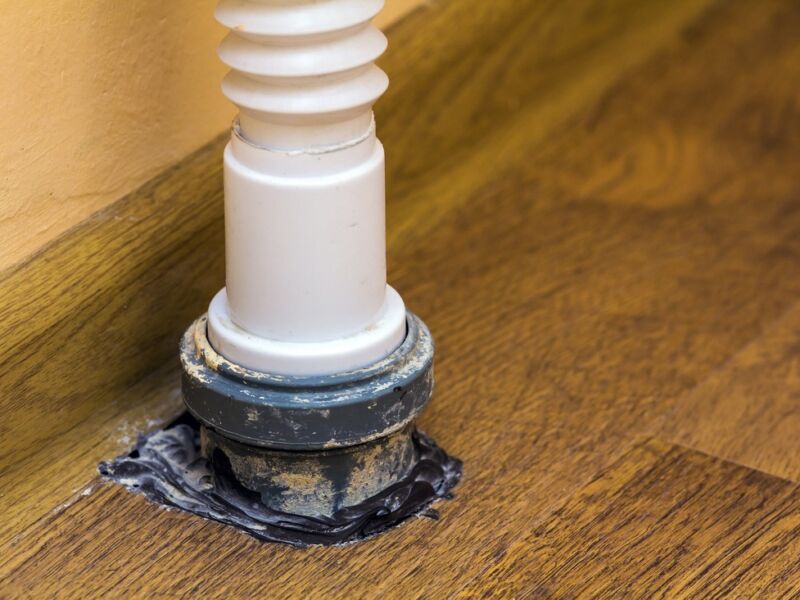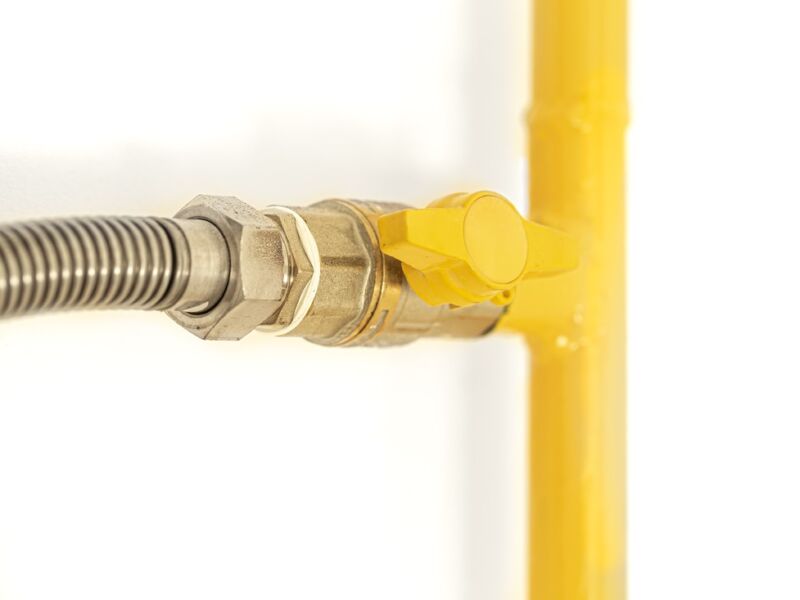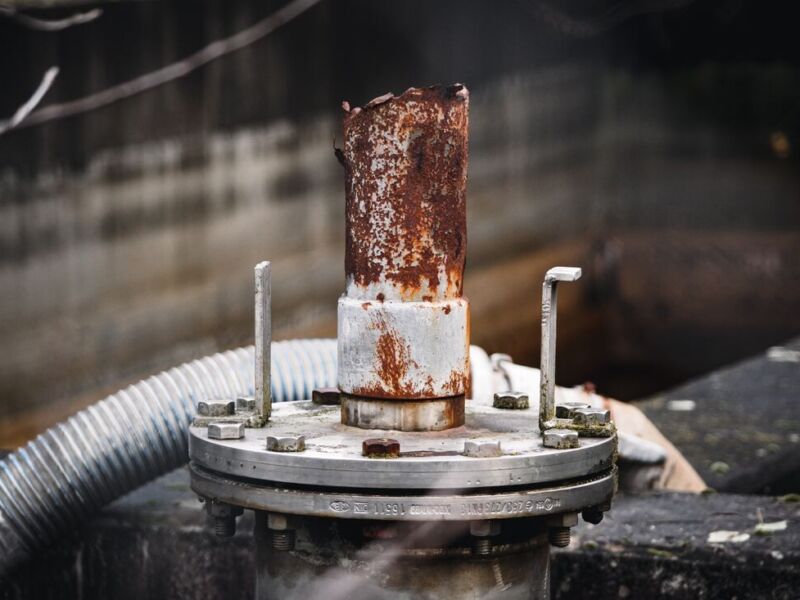
Understanding Water Damage to Brick and Masonry
Water damage in brick and masonry structures can occur due to various reasons such as leaking pipes, flooding, or heavy rains. It is important to address water damage promptly to prevent further deterioration of the structure and potential health hazards. In this article, we will explore the process of repairing water damage to brick and masonry and discuss techniques to restore and prevent future damage.
The Impact of Water Damage on Brick and Masonry
Water can penetrate brick and masonry through cracks, gaps, or porous surfaces. When exposed to water for an extended period, the materials can weaken, leading to structural issues. In addition, water can also cause efflorescence, where mineral deposits form on the surface of the bricks, leaving unsightly stains.
Identifying Water Damage
Signs of water damage to brick and masonry include discoloration, crumbling mortar, mold growth, musty odors, and weakened structural integrity. It is crucial to inspect the affected areas thoroughly to determine the extent of the damage before repairs.

The Repair Process
1. Assessment: A professional water damage restoration team will assess the extent of the damage and create a plan for repair and restoration.
2. Water Extraction: If there is standing water, it needs to be extracted using specialized equipment to prevent further damage and mold growth.
3. Drying and Dehumidification: The affected areas need to be thoroughly dried and dehumidified to remove moisture and prevent mold growth.
4. Cleaning and Disinfection: The surfaces need to be cleaned and disinfected to remove any mold or bacteria present.
5. Repair and Restoration: The damaged bricks or masonry units will be replaced or repaired depending on the extent of the damage. Mortar may need to be repointed.
6. Waterproofing: Applying a waterproof sealant or coating can help prevent future water damage.
Preventing Water Damage to Brick and Masonry
Preventing water damage is essential to maintain the integrity of brick and masonry structures. Here are some preventive measures to consider:
Regular Inspections
Regularly inspect the brick and masonry for cracks, gaps, or signs of water penetration. Catching issues early can prevent further damage.
Proper Drainage
Ensure that water is directed away from the building’s foundation by maintaining proper grading and installing gutters and downspouts.
Sealing and Waterproofing
Apply a high-quality sealant or waterproof coating to protect the brick and masonry from water penetration.

Repairing Leaks
Address any plumbing leaks promptly to prevent water from seeping into the walls and causing damage.
Professional Maintenance
Hire a professional water damage restoration company to perform regular maintenance and repairs on your brick and masonry structures.
Contact JGW Group Water Damage Restoration for Professional Assistance
If your brick and masonry structures have experienced water damage, it is crucial to seek professional assistance for repair and restoration. JGW Group Water Damage Restoration Deerfield Beach offers comprehensive water damage restoration services, including repairing water damage to brick and masonry. Contact us at 754-294-5716 or visit our website for more information https://jgwgroupwaterdamagerestoration.com/deerfield-beach-fl/.
Frequently Asked Questions
Can I repair water damage to brick and masonry myself?
What are common causes of water damage to brick and masonry?
Sources:
- https://jgwgroupwaterdamagerestoration.com/
- https://jgwgroupwaterdamagerestoration.com/about/
- https://jgwgroupwaterdamagerestoration.com/emergency-water-damage-restoration/
- https://jgwgroupwaterdamagerestoration.com/fire-damage-repair/
- https://jgwgroupwaterdamagerestoration.com/mold-removal/
- https://jgwgroupwaterdamagerestoration.com/flood-damage/



